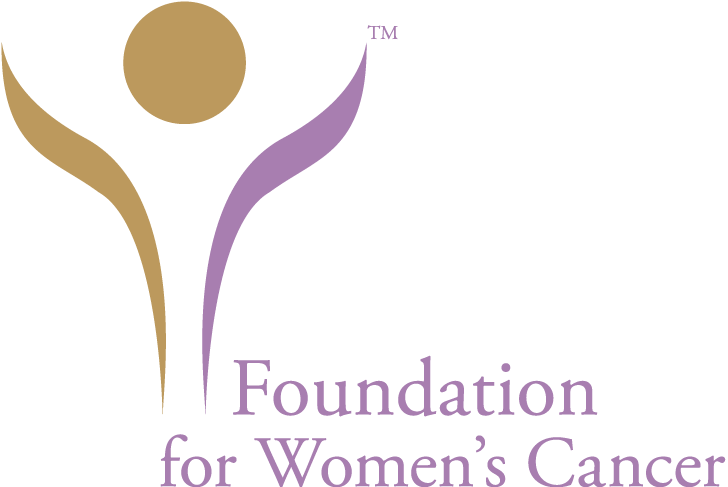A PATIENT’S PERSPECTIVE ON PARTICIPATION IN CLINICAL TRIALS
Mary (Dicey) Jackson Scroggins, a 22-year ovarian cancer survivor and health activist, presented her perspective on participation in gynecologic cancer clinical trials to health care professionals at the Society of Gynecologic Oncology’s (SGO) 50th Annual Meeting on Women’s Cancer in Honolulu, HI, on March, 18, 2019. This presentation was part of the session, Scientific Plenary IV, Coming Attractions: Clinical Trials.
“Clinical trials fuel the next new treatment options. Without clinical trials conducted in a safe manner, we would not be able to offer new treatments for our patients,” said Katherine Fuh, MD, PhD, one of the session moderators and an Assistant Professor at Washington University School of Medicine.
“The main thing I’d like for people to go away with is that we know a lot already that we don’t act on, so I believe we have to act on what we know,” explained Mary before her presentation. “One of my concerns is that the clinical trial population does not resemble the real-life population that would be likely to use it.”
Mary’s presentation began with a touching tribute to patients and survivors in remission, recurrence, or treatment, who:
- Advocate for themselves and others and for equal, quality care;
- Educate health professionals;
- Participate in clinical trials;
- Put faces to gynecologic cancers; and
- Choose hope.
To increase awareness in the gynecologic cancer care profession around barriers to clinical trials and strategies for improving participation, her slides covered the expectations of patients related to clinical trials and how obstacles such as lack of patient-physician communication, uneven/unequal recruitment, financial and geographic constraints, and common myths impact clinical trial enrollment.
Mary then identified feasible and measurable strategies and interventions that move the gynecologic cancer community from simply discussing low enrollment and barriers to overcoming them—for example:
- Focusing on recruitment and instituting accountability for unequal recruitment practices;
- Developing patient-vetted, clinical trial-specific educational materials;
- Reviewing and modernizing eligibility requirements; and
- Gathering, tailoring, and using best practices as well as all that is already known.
Clinical trials are the key to improving prevention, diagnosis, and safety and efficacy of cancer treatments. Patient perspectives, like Mary’s, on clinical trials or any topic of patient care is invaluable—especially to a conference room full of U.S. and international gynecologic oncologists, researchers, oncology nurses, pharmacists, fellows-in-training, residents/students and other patient advocates.
When asked what advice she would give someone interested in patient or health advocacy, Mary wrote, “There are many ways to serve, to be an advocate or activist. And, while each of our stories is unique and may be instructive when shared in small measure, our power is as a collective. Come passionate and open to learning and teaching.”
Mary is the Director of Global Outreach and Engagement at the International Gynecologic Cancer Society and her activism is driven by a commitment to global health equity. Beyond her work in the gynecologic cancer community, Mary is a writer, producer and founding partner in Pinkie Hugs, LLC—a mother-daughter writing and film production firm specializing in social justice-focused documentaries.
The Foundation for Women’s Cancer (FWC) provides patient education materials to help patients, survivors, and their families better understand clinical trials.
